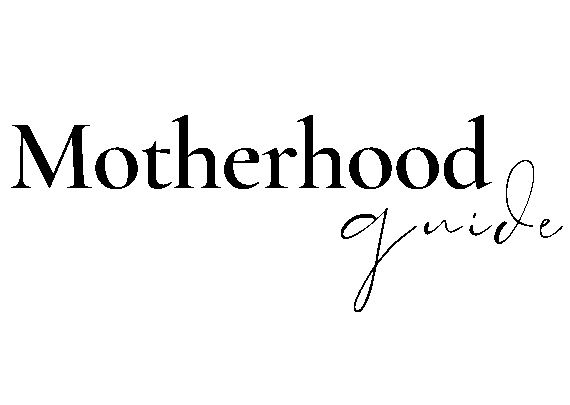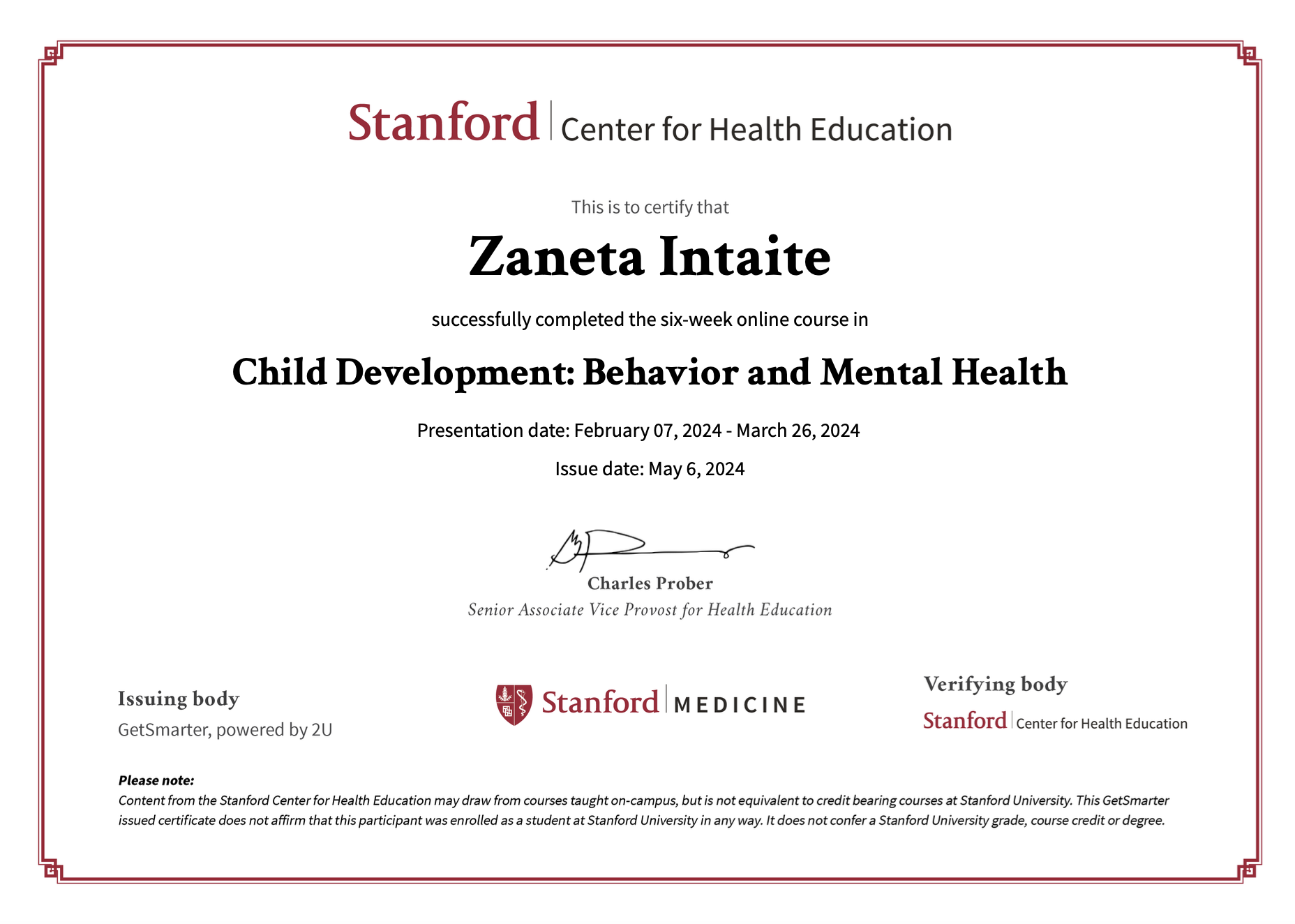If we act as their friends, who will be their parents?
Your kids have/will have enough friends, but they only have one mother. Don’t water down your parenting role. You have your own friends, and so do they.
There’s nothing wrong with wanting a close relationship with our kids, it’s actually a good thing. However, as parents, we have a different role in their lives, and our relationship serves a different, more critical purpose. We need you to make them feel safe, loved, and cared for. Friends come and go, but they will never have a relationship like the one they have with you.
Parents and Friends Play Complementary but Distinct Roles
Aside from meeting basic needs and offering support for essentials, parents are primarily responsible for guidance and discipline. Not so funny task to set boundaries and enforce rules, however needed to ensure our kids’ safety and responsible behavior. In contrast, a best friend mostly fulfill social interaction needs by providing companionship and engaging in shared activities and hobbies. Hard to compete, right?
Best friend supports through empathy and understanding, sharing relatable experiences, and acting as an emotional outlet. Parents, on the other hand, provide support through their experience and perspective that come with age and responsibility. This often makes their advice balanced and objective, even if it’s not always what teens want to hear.
Friends come and go, while parental relationships are lifelong commitments rooted in unconditional love and care. It is important to prepare your child for break ups, letting go of friends. It’s a normal part of life. If your child feels unconditional love from you, they will develop better social emotional skills and will manage breakups and rejections better. As our kids grow, and their role models become their peers we should give them more independence while nurturing unconditional (but not overwhelming) love and providing a stable emotional foundation.
While their best friend influences them mostly in social life, give empathy, and opportunities for their identity exploration, us, parents should ensure guidance, stability and unconditional love.
Don’t water down your role by trying to be their best friend; keep bettering your unique role and just be their parent.
Don’t Compete With Their Friends, Improve Confidence in Parenting
Clinical psychologist Daniel Siegel says teens are wired to turn to friends as a survival instinct, “because that’s who you’re going to depend on when you leave home… Connecting with a peer group can feel like a matter of survival.”
These days, it’s common for your child to move not just to another city but possibly across the globe. While virtual connections are amazing for staying in touch, real-life connections remain vital for mental well-being. Start preparing them now by gradually letting them handle more on their own. It may feel counterintuitive, but try not to jump in with help for small, day-to-day decisions like what to wear, how to cook a favorite dish, or how to handle routine tasks. Instead, focus on being there when it truly matters, like supporting them through health concerns, financial matters, and major life choices. This way, they’ll be ready for independence while knowing you’ll always have their back for the big stuff.
I believe I’ve always had a good sense of style, so I remember feeling a bit hurt when my daughter didn’t take my advice on what to wear to a party. Instead of my suggestion, she picked a matching dress and high heels. After swallowing my disappointment, I realised that fashion advice was no longer in my domain and mentally marked it as “friends’ business.” I’ll still give my opinion if she asks, but now my go-to responses are, “I like it, but why don’t you ask Sara? She has good taste,” or, “What are your friends planning to wear? Maybe talk to them?”
This approach not only helps her gather more opinions and make better decisions, but also encourages her to find the best advisors for different situations.
Understand which areas your authority is undoubted and essential, and leave other areas to their best friend.












